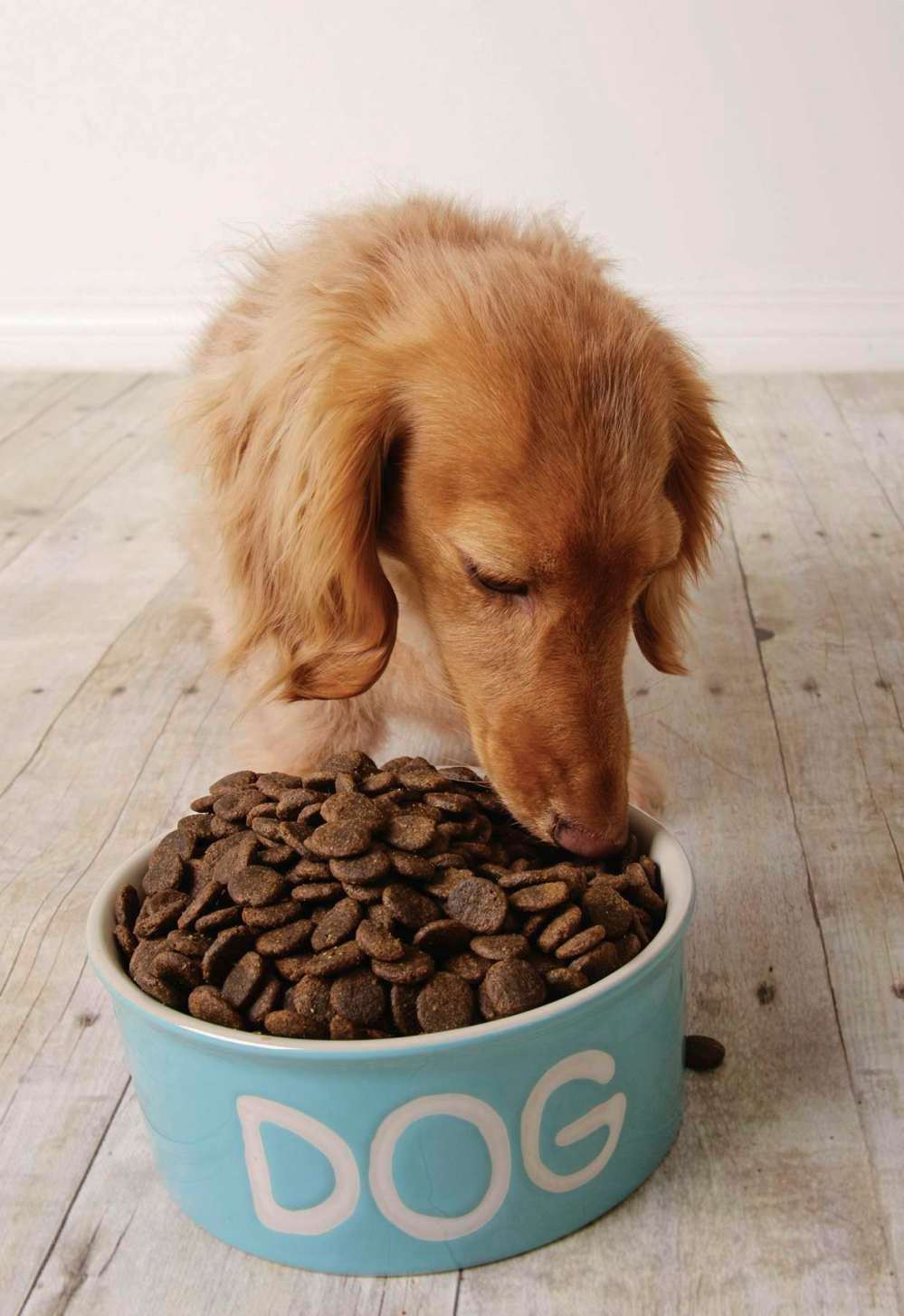Mixed messaging on grains in pet food
Advertisement
Hey there, time traveller!
This article was published 28/02/2022 (1316 days ago), so information in it may no longer be current.
Over a year ago, I wrote about stories in the media about grain-free dog foods and dilated cardiomyopathy (DCM), a heart condition. I was distressed by the misinterpretation of both the source of the concern, and the framing of how to “fix” the issue.
The concern stems from a 2018 investigation by the U.S. Food and Drug Administration into an increased number of DCM case. In that year, 320 cases were reported, a staggering increase from the one or two per year reported in previous years. But it’s still only 320 cases out of 70 million dogs.
So, with mass media picking up the story with headlines like “New FDA warning cautions against grainfree dog food” (The Atlantic) all grain-free foods came under suspicion. It went further and we got headlines such as “FDA names 16 brands of dog food linked to canine heart disease” (NBC News).
Many people started questioning those brands.

My concern then was that there was little actual information accompanying the articles, just a warning against “grain-free” foods, and specifically, 16 brands. The fact that the FDA had advised pet owners to not change foods unless instructed to by their vets seems to have been ignored, as was the fact that, while an investigation was ongoing, no definitive connection had been made (and still hasn’t).
More recently, I have seen the message changing. The issue was always a question of whether legumes or potatoes were causing a problem. Most “grain-free” foods replace grains with legumes and potatoes. It isn’t that there is something vital in grains that pets need, but rather that there might be something questionable in the ingredients used to replace grains.
Lately I have had a lot of people come in asking how to put grains into their pet’s food to make their heart healthier. Somehow the messaging has changed from ”avoid legumes/potatoes” to “include grains.” This is what I don’t understand.
To my knowledge, there is nothing in any grain that is vital to heart health in dogs. In all my research. I have not found anyone who will state that any grains contain any nutritional components that dogs need. Yet people are being advised to either buy foods with grain, or add grains to the food you choose, even if it is something like a balanced raw diet.
The reason grain-free foods exist is because many grains create issues. Wheat is one of the worst allergens for dogs. The high carbohydrate levels most grains contain can also cause obesity or diabetes. Grain-free foods replace these high-glycemiccarbs with lower-glycemic ones, and are generally less likely to cause allergic reactions, which is why they are so popular.
Fresh, raw foods do not need the grains, legumes or any starch that dry foods require to make the kibbles form. Much like a nutritionist would advise you, these are cleaner, less processed foods, which only need to contain ingredients the pet needs. Unless there is a specific and unusual dietary need, adding starches, especially grains, makes no sense at all.
I guess what it comes down to is, if someone tells you to add grains to your pet’s food, or to make sure there are grains in the food, ask them what it is in the grains that is good for the pet. Then let me know.
I’m all ears.

Jeff McFarlane
Pets Are People, Too
Jeff McFarlane is the owner of Thrive Pet Food Market. Contact him with your questions or ideas thrivepetfoodmarket@shaw.ca or visit www.thrivepetfoodmarket.com
Our newsroom depends on a growing audience of readers to power our journalism. If you are not a paid reader, please consider becoming a subscriber.
Our newsroom depends on its audience of readers to power our journalism. Thank you for your support.




